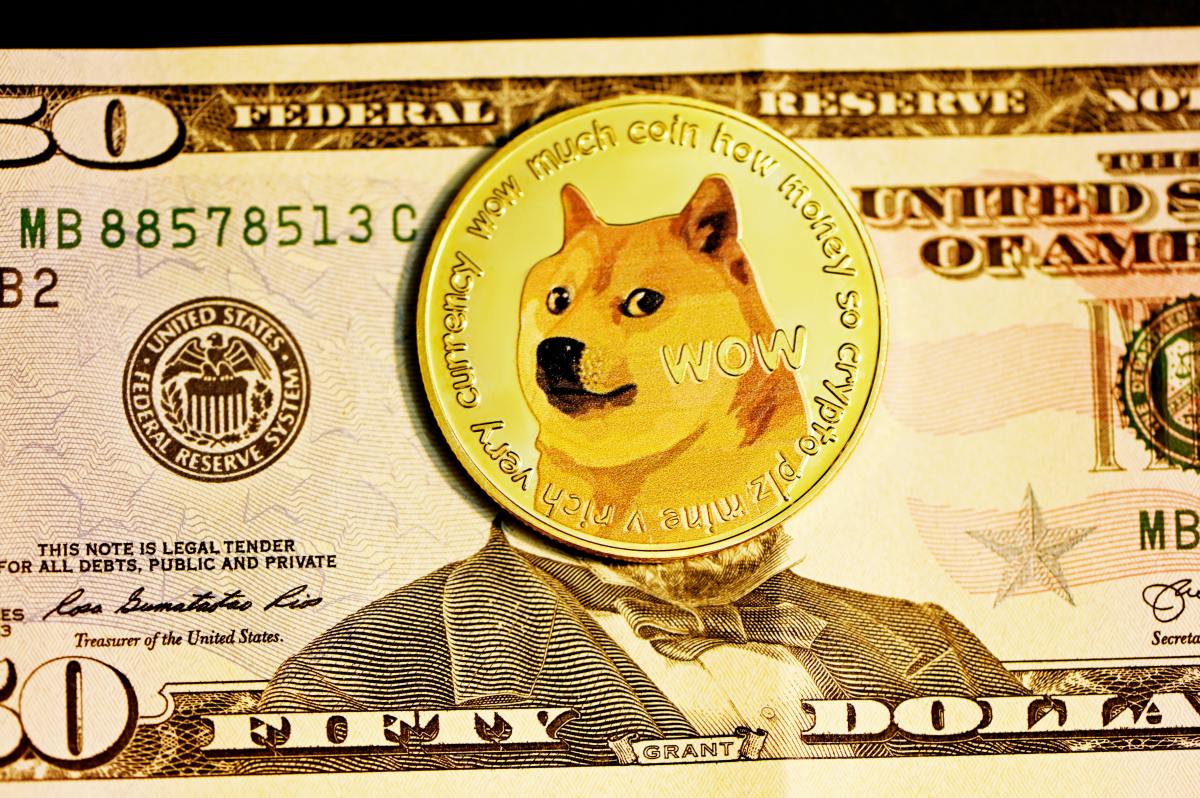SEC Declares: Meme Coins Are Not Securities – What This Means for Investors
The Securities and Exchange Commission (SEC) recently released significant guidance regarding the classification of meme coins, which are cryptocurrency tokens that have emerged from internet memes. According to the SEC, most meme coins do not qualify as securities under United States federal law, providing clarity for investors and participants in the cryptocurrency market.
SEC Clarifies Meme Coins’ Status
On Thursday, the SEC announced that it does not view the majority of meme coins as securities. This pivotal decision indicates that individuals who purchase or hold these tokens are not afforded the protections provided by federal securities laws. Consequently, participants involved in the offer and sale of meme coins are not required to register their transactions with the SEC.
Background on Meme Coins and Regulation
This new guidance arrives shortly after U.S. President Donald Trump initiated changes in the regulatory landscape, including the formation of the Department of Government Efficiency. This independent agency, led by Elon Musk, is named after the widely recognized meme coin, Dogecoin. Furthermore, President Trump introduced a meme coin called $TRUMP for his supporters shortly before his inauguration. However, since its peak on January 19, $TRUMP has reportedly lost $12 billion in value, as detailed by The Telegraph.
SEC’s View on Meme Coins
Mark Uyeda, the SEC chairman appointed by Trump, has previously indicated a desire to establish clear regulatory guidelines for cryptocurrencies. On his first day in office, he announced the formation of a task force dedicated to cryptocurrency regulation.
Uyeda’s SEC argues that meme coins do not fit the definition of securities because they:
- Do not generate yield
- Do not convey rights to future income
- Do not represent profits or assets of a business
Instead, the SEC categorizes these tokens more closely with collectibles rather than traditional financial securities.
Shift from Previous SEC Leadership
This guidance marks a significant departure from the previous stance under former SEC Chairman Gary Gensler, who advocated for the classification of meme coins as securities. Gensler urged crypto service providers to take proactive measures to register with the SEC.
Other Developments in Cryptocurrency Regulation
In addition to the guidance on meme coins, the SEC announced the dismissal of its lawsuit against Coinbase, the largest cryptocurrency exchange in the United States. Uyeda emphasized the need for the SEC to engage the public more transparently regarding cryptocurrency policies, stating:
“For the last several years, the Commission’s views on crypto have been largely expressed through enforcement actions without engaging the general public. It’s time for the Commission to rectify its approach and develop crypto policy in a more transparent manner.”
This new direction from the SEC could pave the way for a more open dialogue about cryptocurrency regulations, fostering a healthier environment for innovation in the blockchain space.
For more information on cryptocurrency regulations and updates, visit our Cryptocurrency Regulations page.







